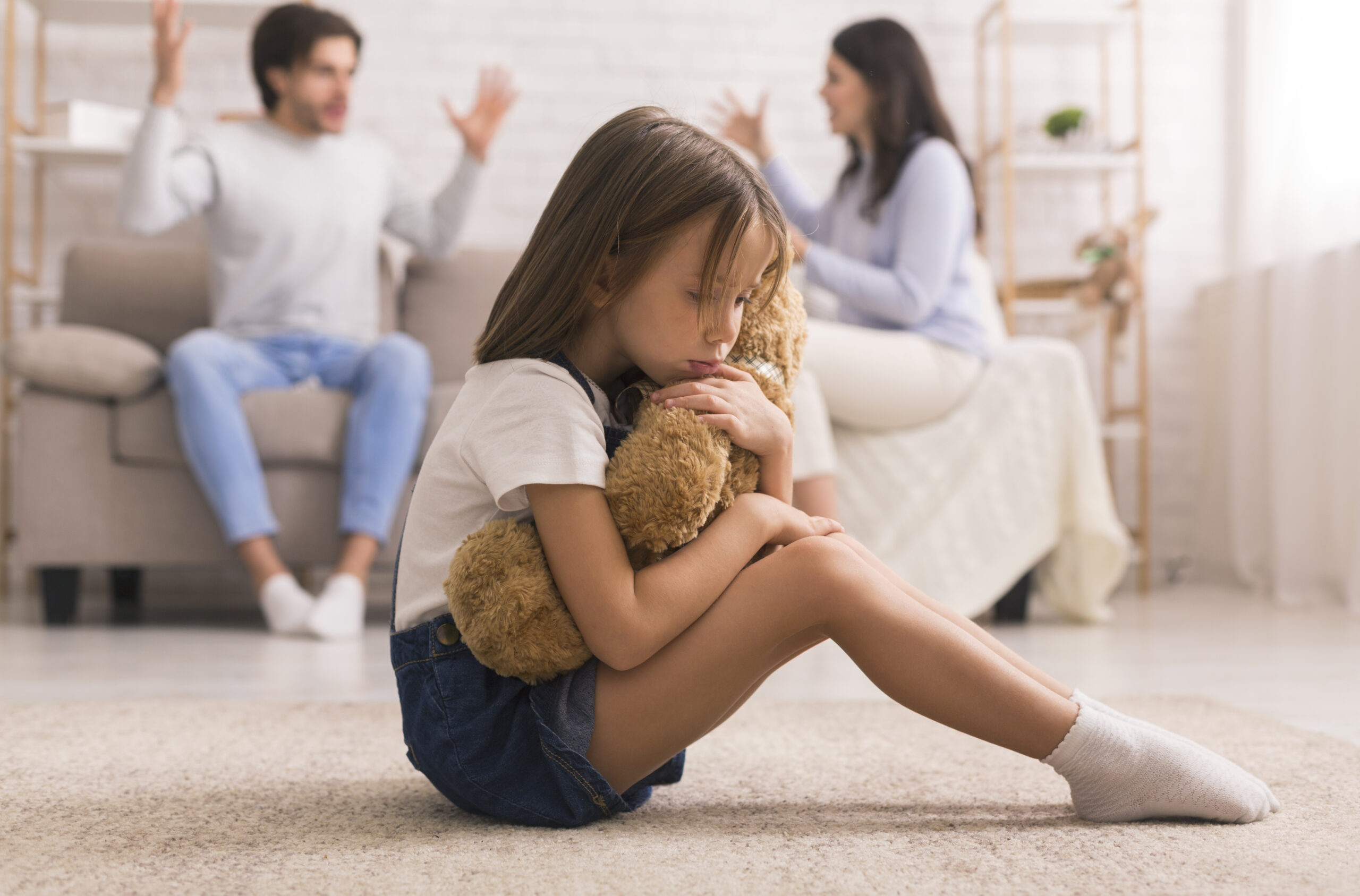October is National Domestic Violence Awareness month, and this is a time to recognize the impact that trauma early in life can have for the rest of a person’s life. Domestic violence affects people of all backgrounds, socioeconomic status, race and age and it’s important to acknowledge the challenges these individuals and families face.
If you or someone you know has lived through domestic violence, it can take years to overcome. Here’s what you’ll want to know about childhood trauma in adults, including symptoms you can spot and the long-term effects.
Childhood trauma in adults
Living in a home where domestic violence occurs or being a victim of abuse can interfere with relationships, job security, mental health and overall wellbeing. The severity of the effects of childhood trauma are such that even years or decades after exposure to violence has ended, the ripple effects can still be felt.
Childhood trauma is a broad category, but generally denotes that a person has experiences of physical, sexual or emotional abuse. However, adults with childhood trauma may also stem from witnessing these events, generally perpetrated towards a sibling or parent in the family.
One of the most common manifestations of childhood trauma in adults is post-traumatic stress disorder, or PTSD. PTSD is a psychiatric disorder that is prompted by a terrifying event that results in anxious behavior, intrusive memories, a negative mood and avoidance behavior.
Understanding trauma is a tricky subject that researchers and mental health professionals are still grappling with. It’s been noted that some individuals, after living through events of a traumatic nature, will not struggle with the effects of trauma. Even siblings in the same family will have different reactions to trauma. Adults with childhood trauma may or may not struggle with the same issues and some may seem completely unaffected.
Symptoms of childhood trauma in adulthood
While each person has unique reactions to terrible events, here are common symptoms of childhood trauma in adulthood:
- Adverse reactions to specific people that are based on qualities of a perpetrator of abuse
- Defensiveness or protectiveness around certain individuals or in certain settings
- Hypervigilance or a feeling of unease, visible tension
- Anxiety or stress when faced with a trigger that reminds of them of domestic violence in childhood
- Quick changes in mood or emotional state that may seem to be random or a disproportionate reaction to something that happened
- Fear of abandonment in relationships, or a tendency towards codependent relationships
- An increased likelihood of substance use problems, sought out to cope with the distress of trauma
- Regression in behavior, such as responding in childlike ways (throwing a tantrum, speaking in a childish voice, extreme stubbornness)
- Having few coping skills for daily life and struggling to manage the effects of repressed trauma
The symptoms of childhood trauma in adulthood are easier to spot when you know what to look for. Keep the above signs in mind so you know what’s going on behind the scenes in your loved one’s life.
Effects of childhood trauma
The effects of childhood trauma can be far-reaching. While the level of impact that trauma has is unique to each individual, here are some ways a person may be affected.
-
Difficulty coping
From a very early age children learn different ways to manage negative emotions. These coping mechanisms form patterns, for better or worse. Someone who faces terrifying events on a regular basis will flock to these coping skills and may develop bad habits, substance abuse being one of the most common among them.
-
Poor relationship expectations
As kids we evaluate the relationships we see growing up and our expectations evolve out of what we observe. Sadly, witnessing domestic violence increases the likelihood that a child will form similar abusive or codependent relationships later on in life.
-
Feelings of shame and guilt
Children who witness parents lash out at each other are prone to pin the blame on themselves. While adults can point to this behavior as irrational, children don’t have the ability to separate themselves from the situation and therefore feel like the cause of the conflict.
-
Disordered attachment
Many mental health professionals use the framework of attachment styles to explain behavior between close relationships. Having unreliable or unstable caregivers early in life (even in the first year) can be indicative of anxious attachment styles in adulthood, meaning a constant fear of abandonment. People will tend to overcompensate and see constant assurance or withdrawal completely.
These hallmarks of adults with childhood trauma can be addressed with professional treatment.
Reversing the effects of childhood trauma
Adults with childhood trauma may have trouble leading a normal life and feel emotionally exhausted. Like other mental health concerns, no one with these experiences should ever blame him or herself. Only the perpetrator of domestic violence is responsible.
If you or someone you know has been a victim or witness of abuse in the home environment, the good news is that healing is possible. Professional treatment can help you process the events of your past, find new solutions to distressing feelings and implement lifestyle changes so that you can live the life you deserve.
If an inability to move on from your past has resulted in substance use issues, you’re far from alone. At Silver Ridge Recovery, many have gone before you with the same desire to live a free life that feels tethered by a traumatic past.
Learn more about getting trauma-sensitive care by calling Silver Ridge Recovery today.



